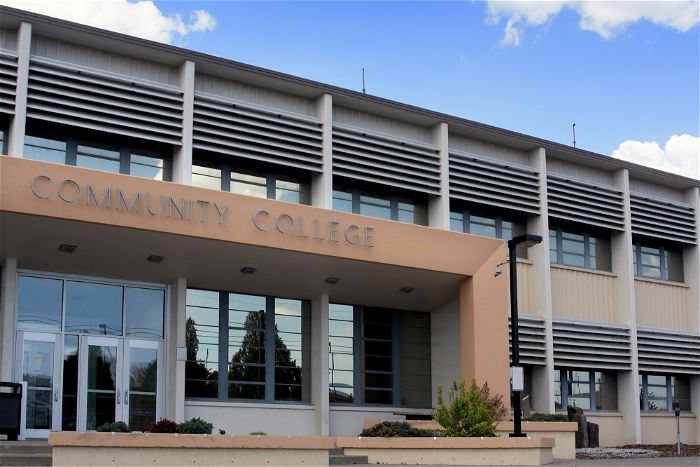When Randy talks with Paul, he lays out a fundamental problem with traditional funding models that discourages innovation. He notes that most state funding models are built on the inefficiencies of higher education, meaning that colleges are typically allocated funds based on how many credit hours students take. That discourages colleges from scaling up reforms to accelerate student attainment of credentials. Randy shared how the implementation of a guided pathways framework at Mohawk Valley has led students to graduate faster and to accumulate far fewer course credits. While that is a huge success, Randy notes that implementing pathways reforms, such as streamlining academic remediation for underprepared students, hurts the college’s bottom line because it leads to the loss of additional revenue generated by students taking more courses toward degree completion. Nonetheless, he says he’s undeterred because he knows this is the right thing to do for his students.
Policy Recommendations From Postsecondary Practitioners
Tonjua and Randy both call on state and federal policymakers to rethink funding models, specifically by moving away from traditional formulas based on student enrollment and seat time and instead rewarding student-centered approaches to credential attainment, skill development, and preparation for employment. They both acknowledge that while college accountability structures are key to student success, partnerships and alignment with workforce development and human services systems are also crucial to ensuring that students persist and complete their courses of study and achieve economic security and social mobility.
How to Listen to Episode 6 of When Policy Meets Practice
Tune in to the sixth episode of JFF’s When Policy Meets Practice podcast to hear Paul Fain talk with Tonjua Williams, Randy VanWagoner, and JFF’s David Altstadt and Taylor Maag about ways federal and state higher education funding models can change to better support innovation and student success. The episode is now available on your favorite podcast platforms using this shortcut.
You can find each episode starting at 5:00 a.m. every other Monday. Be on the lookout for Episode 7, which will be available starting September 13. It will feature a conversation in which Paul Fain and his guests examine how policies can ensure more equitable transfers from two-year to four-year colleges.







